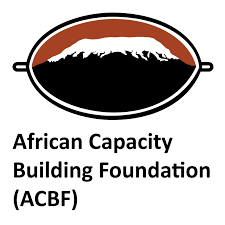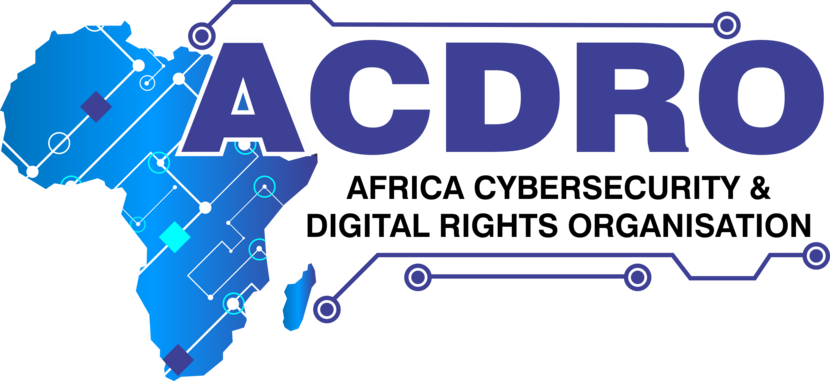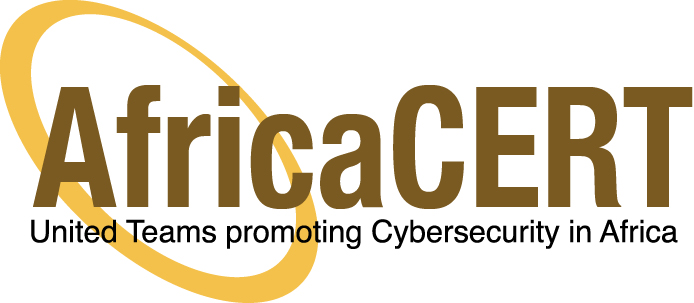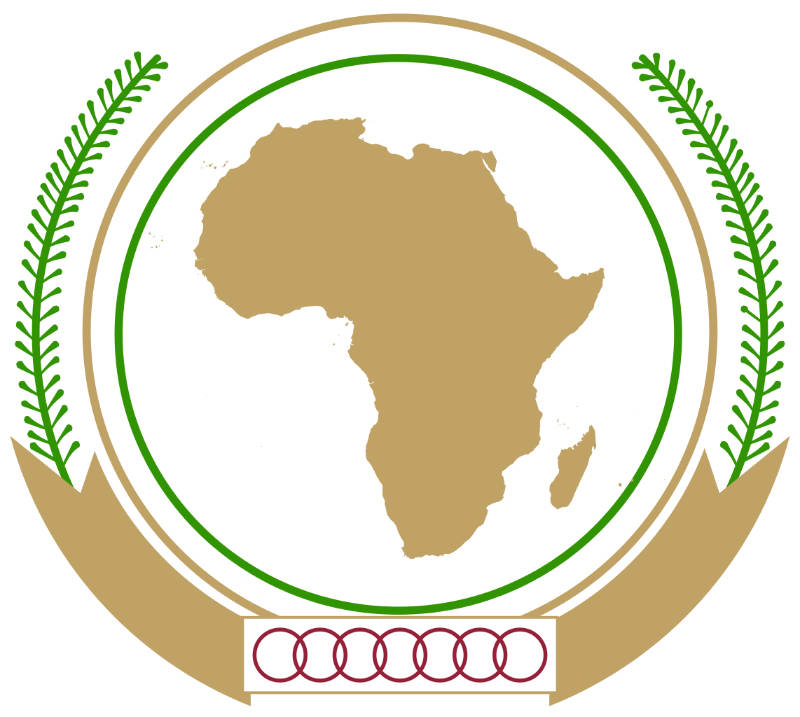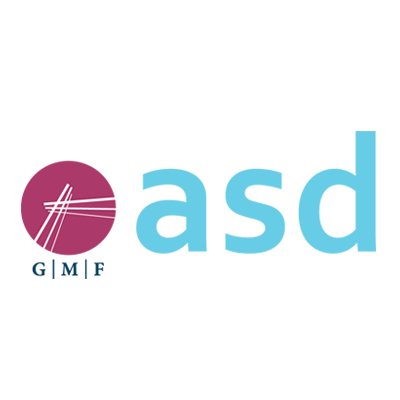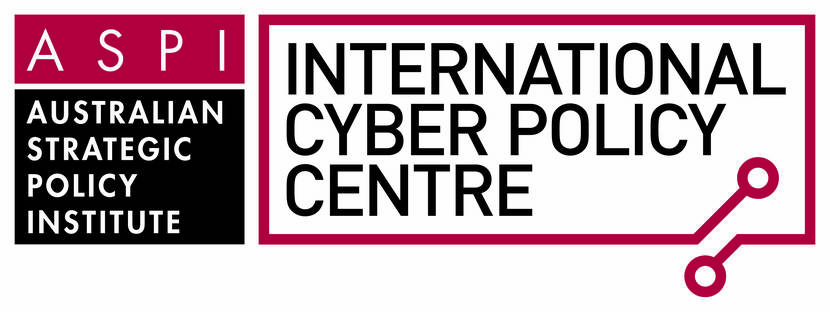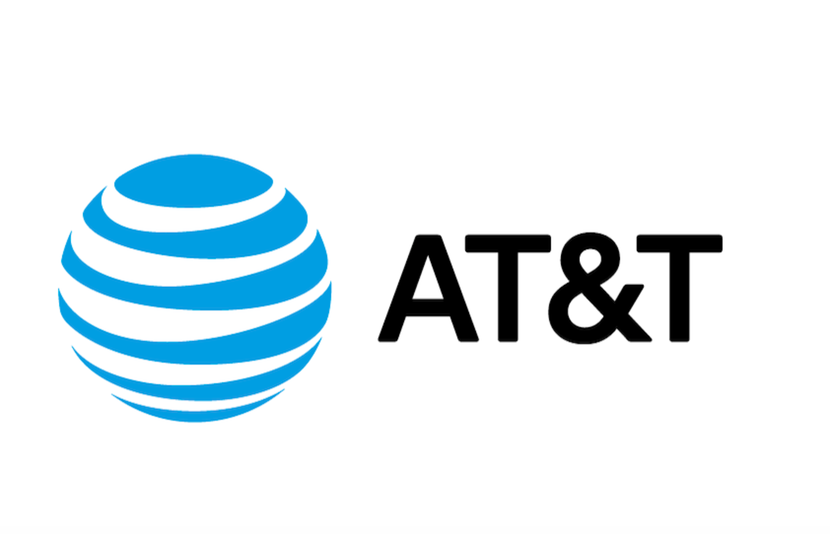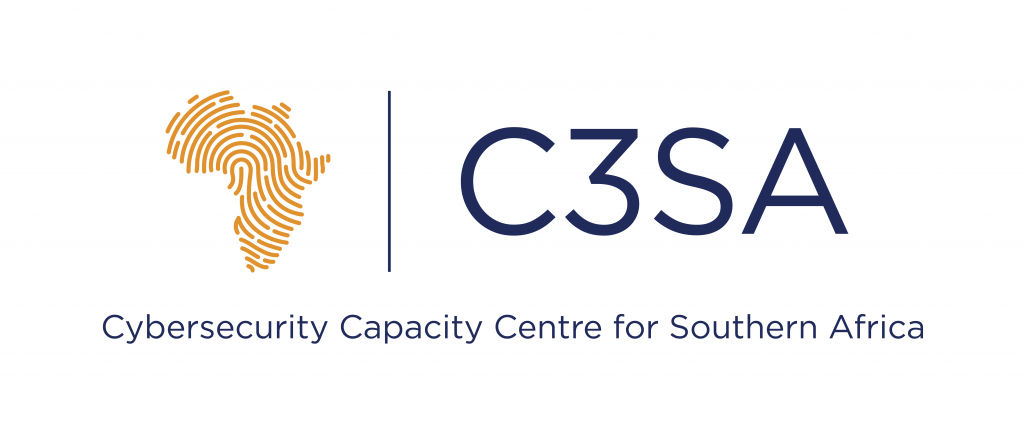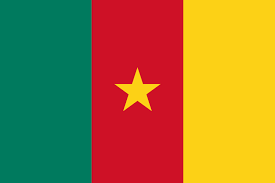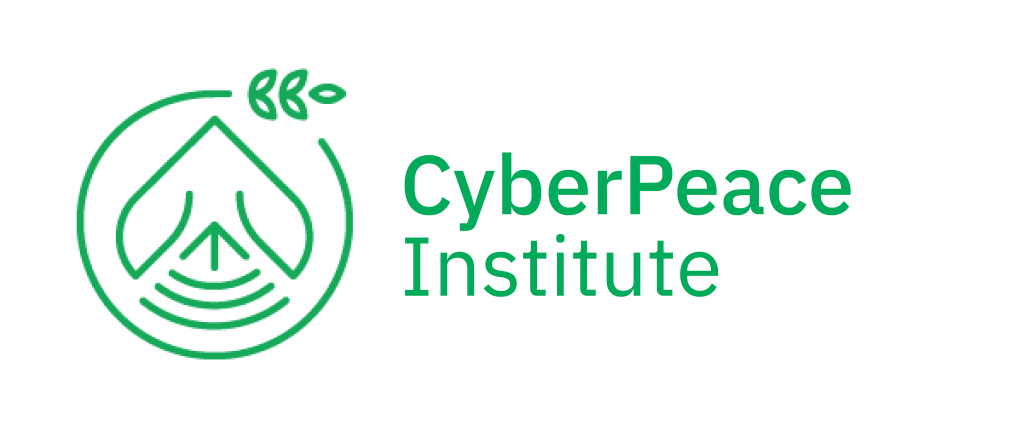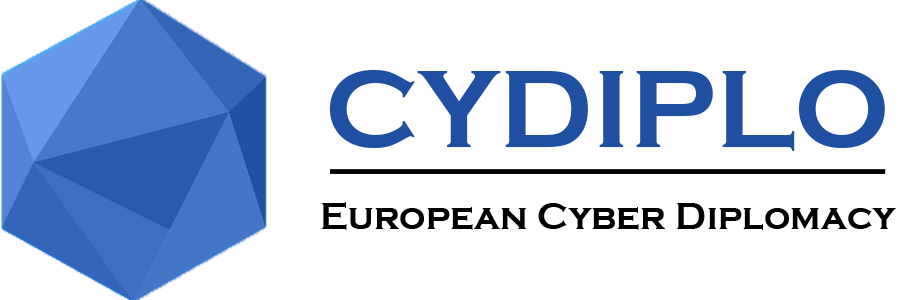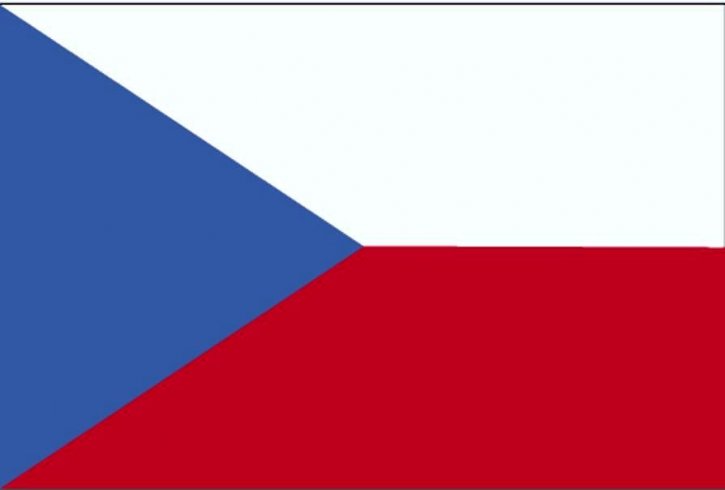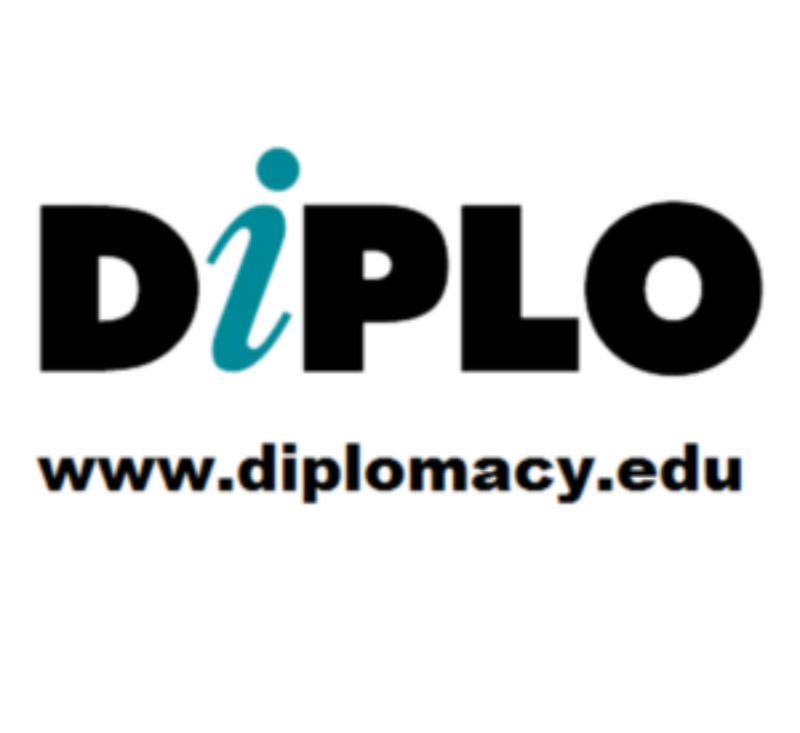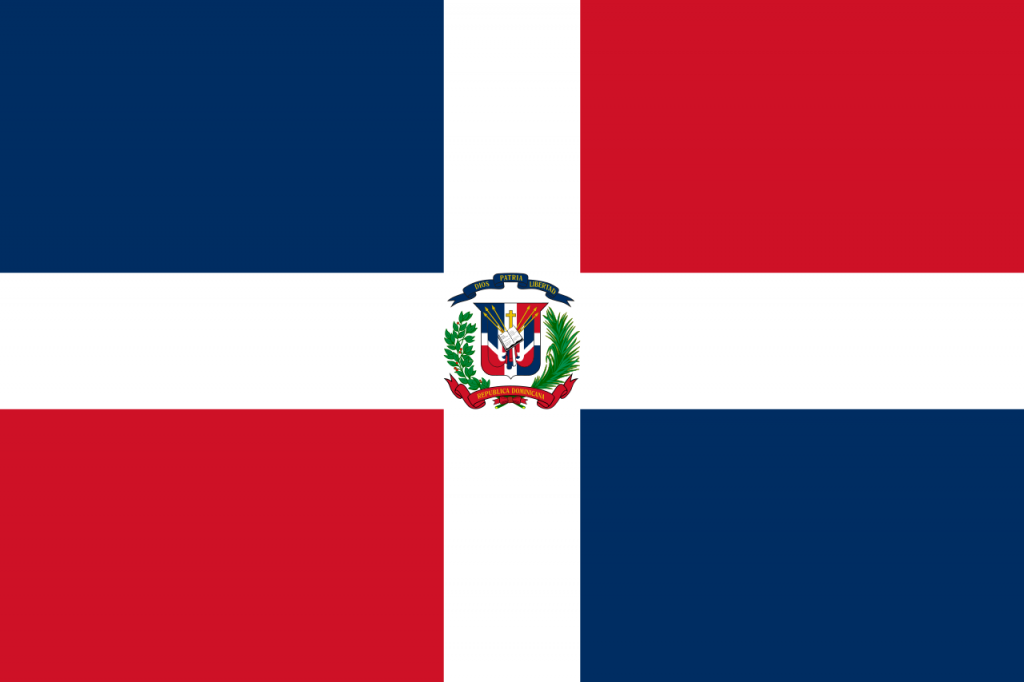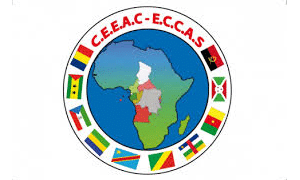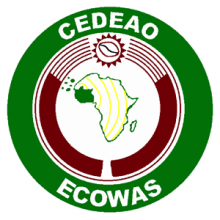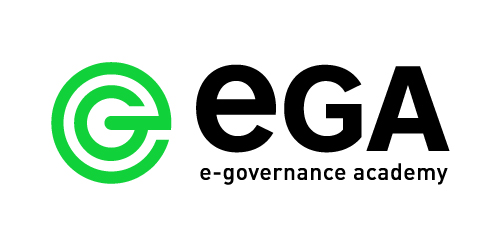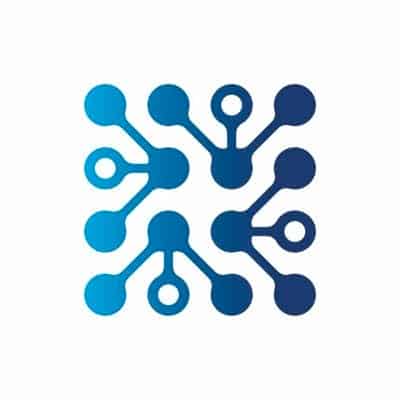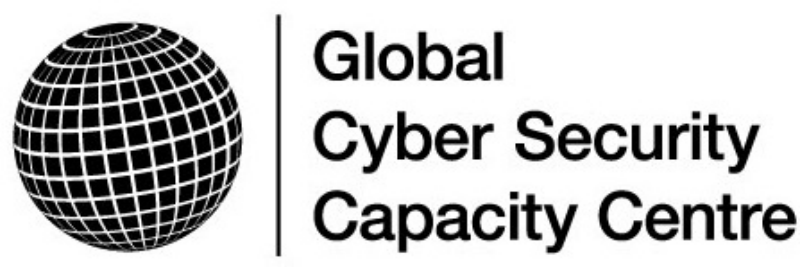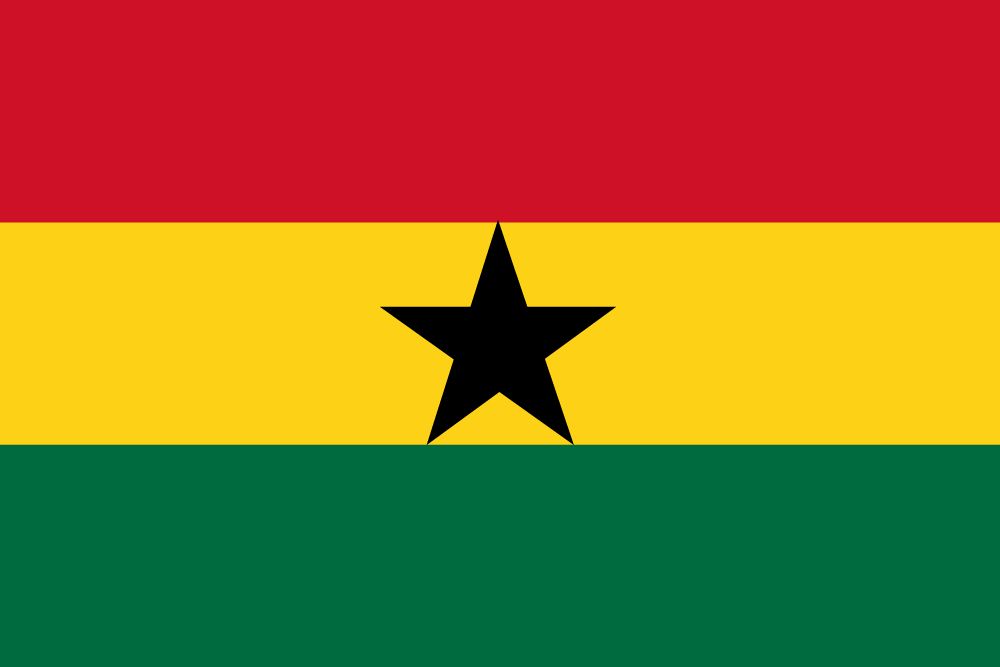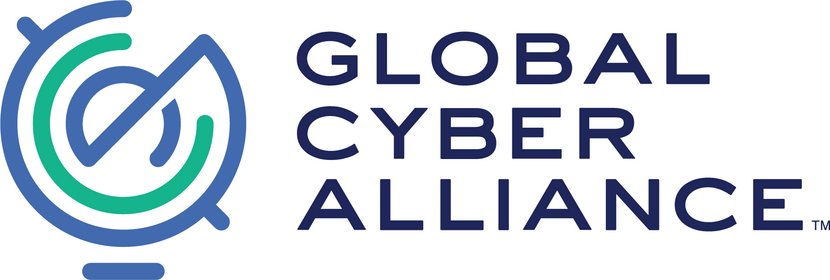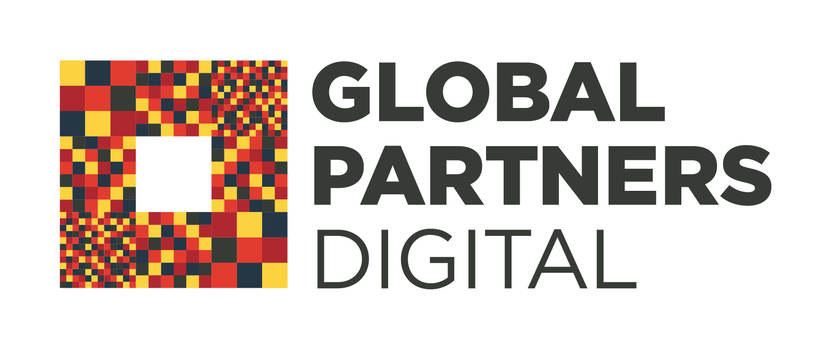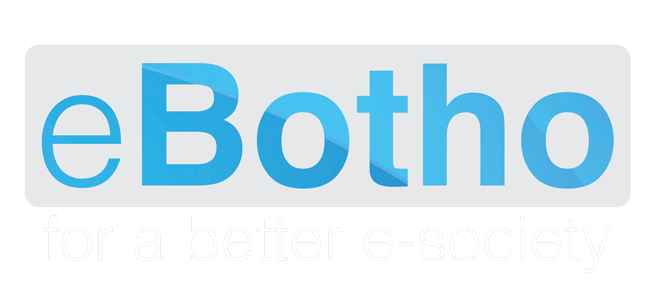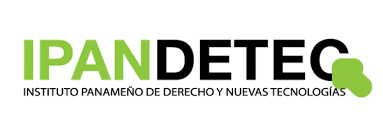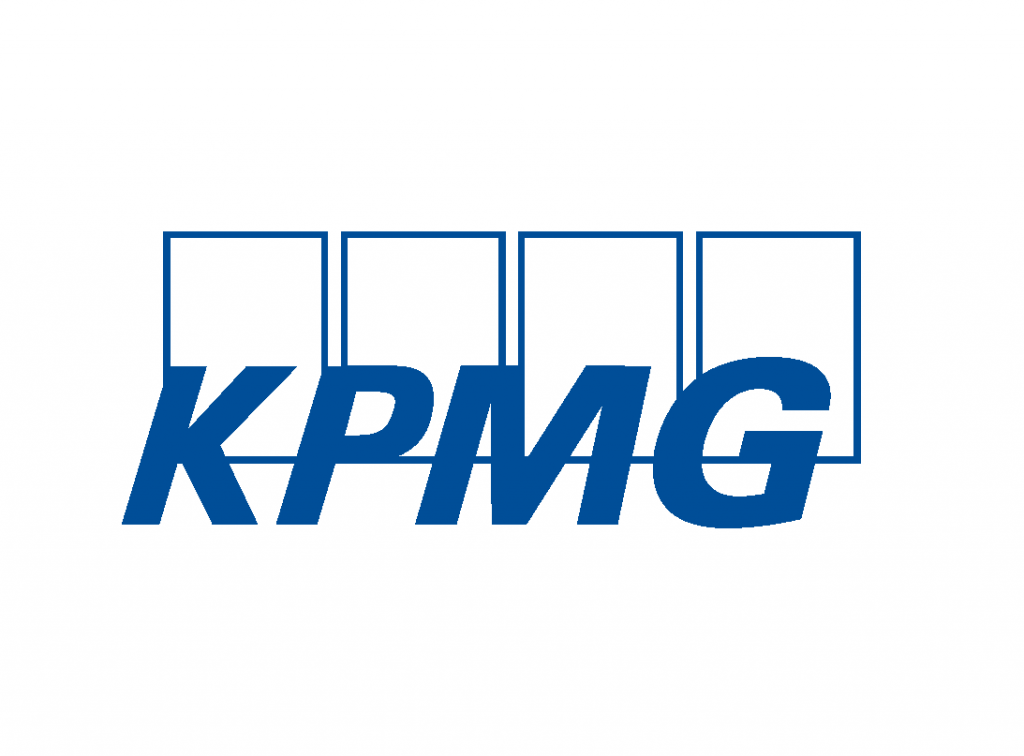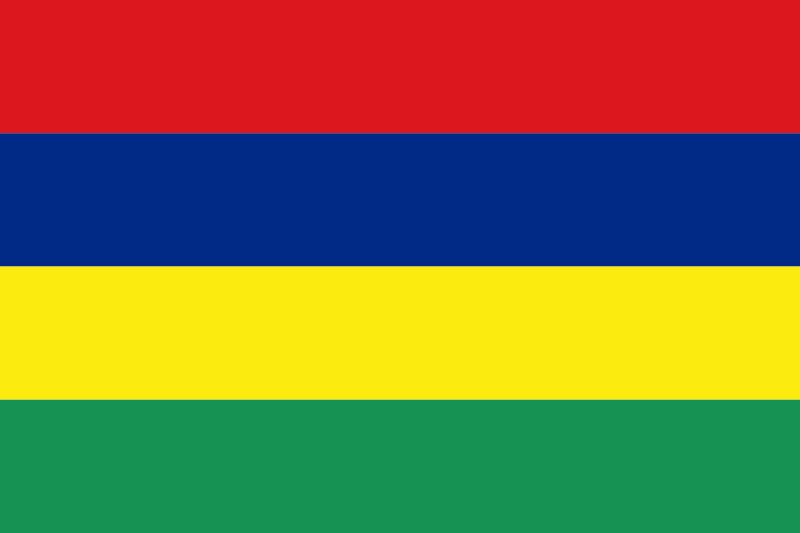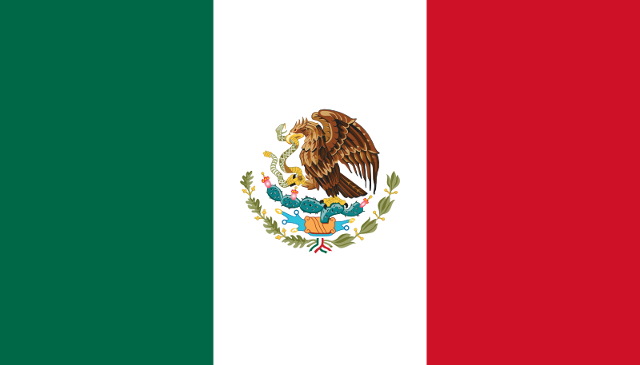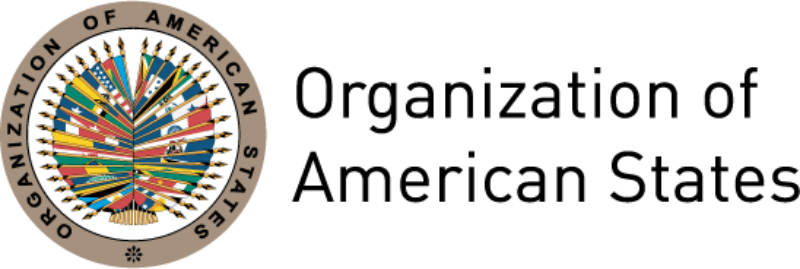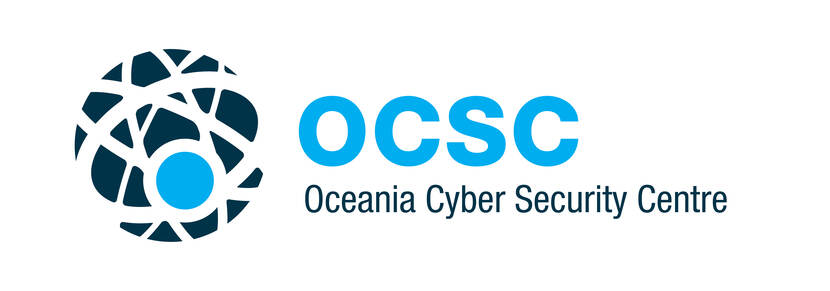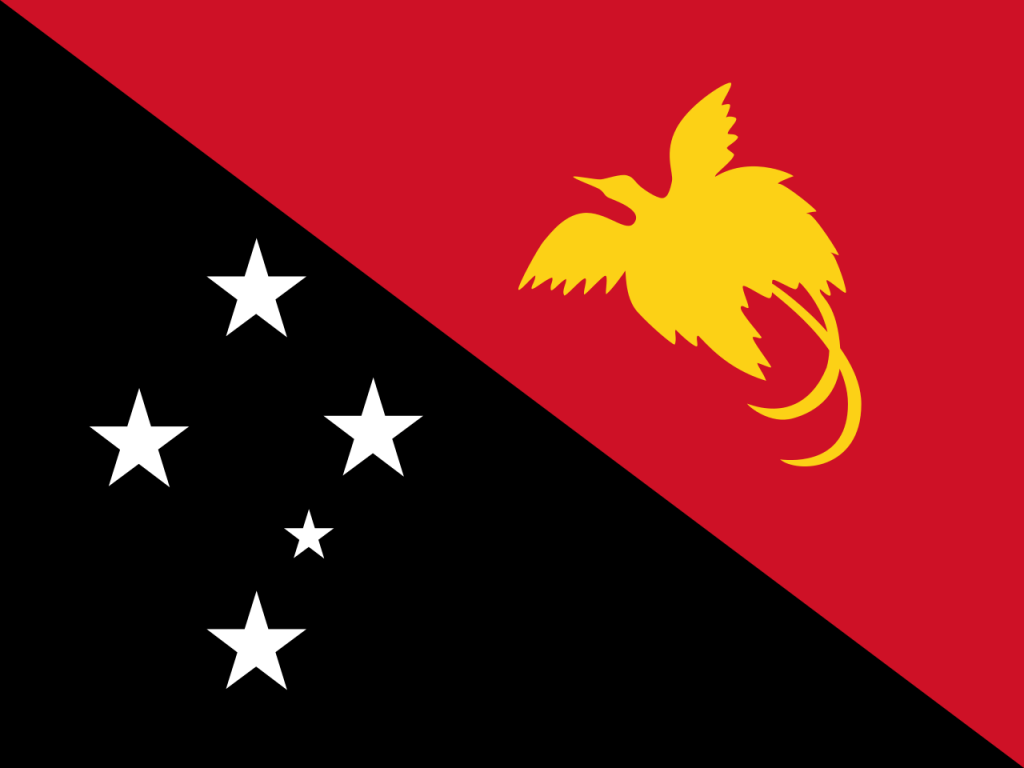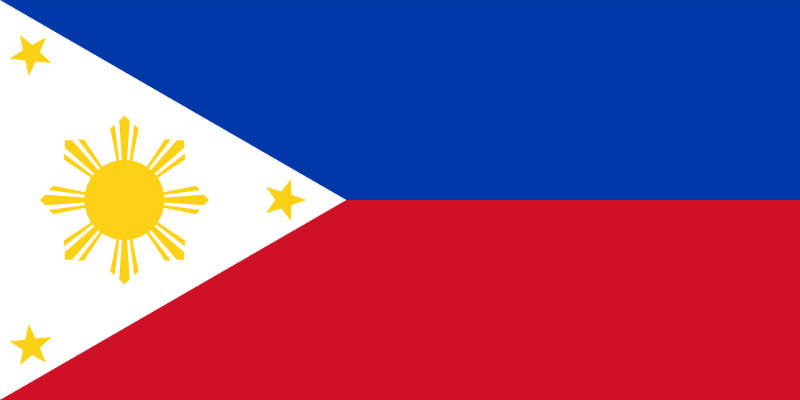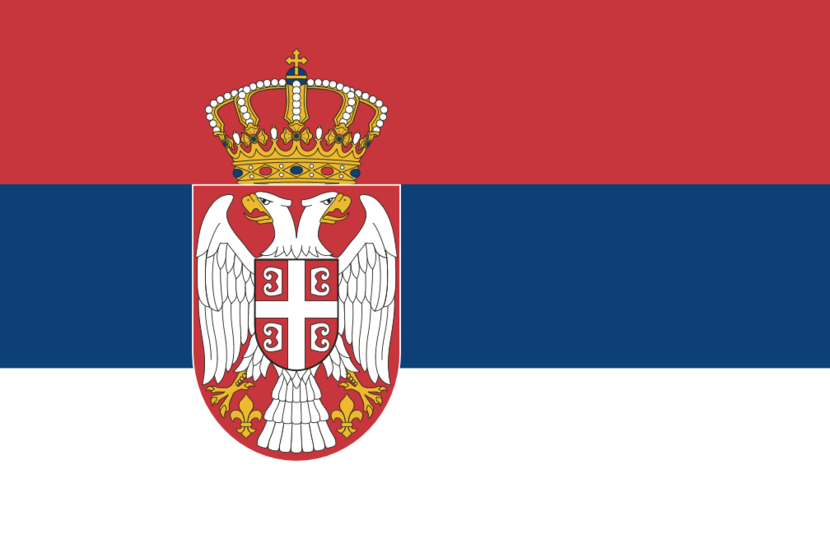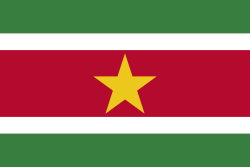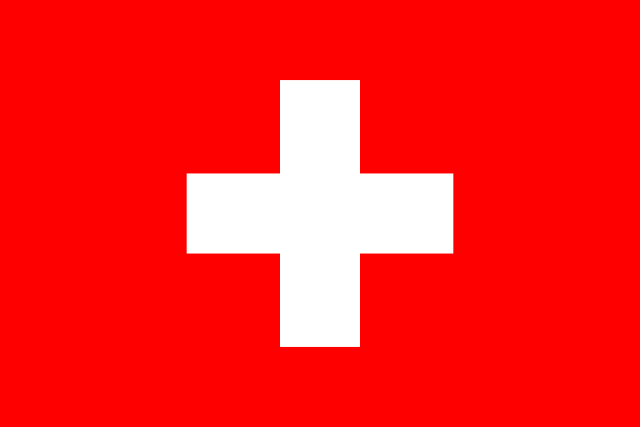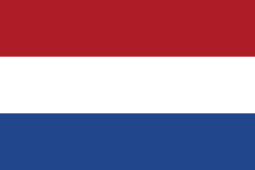Working Group A: Policy and Strategy
About Working Group A
The Policy & Strategy theme may be understood as the ‘foundation’ for the other identified themes in the Delhi Communiqué.
The main objective of the group is to help countries and other stakeholders strengthen their policy and strategy making capacity, and to create a space for multi-stakeholders to share expertise and learn from one another.
The Working Group is split in two Task Forces:
- Task Force Strategy and Assessments.
- Task Force CBMs, Norms Implementation and Cyber Diplomacy.
More information on the work done by Working Group A can be found in the GFCE Working Groups Annual Report 2021.
Table of Contents
News and Updates
The leadership of TF CBMs/Norms Implementation and Cyberdiplomacy changed in 2021 as Kaja Ciglic stepped down and Nikolas Ott joined Szilvia Toth as TF lead in November. In 2021, two research ideas that were identified by the TF as knowledge gaps were commissioned as research projects through the Global CCB Research Agenda mechanism. TF members engaged in the research by providing input and comments on the research reports during feedback cycles, participating as interview respondents to share their experiences and participating in validation exercises. The researchers also participated in TF meetings to explain the project, share their findings, and answer questions. This also created opportunities for TF members to share their experiences and have open discussions on the topics of norms implementation and cyberdiplomacy.
For 2022, both TFs are focused on maintaining an overview and creating awareness on relevant efforts, increasing the visibility and accessibility of products, continue building upon work already done and pooling TF members’ knowledge and expertise to demonstrate its added value.
More information on the group’s ambitions for 2022 is detailed in the Working Groups Workplan.
Reports and Deliverables
In 2022, the Task Force on Strategies and Assessments developed an interactive web-based tool from the deliverable “Catalog of Project Options for the National Cybersecurity Strategy (NCS) Cycle”, with support from the US State Department. The online Catalog was translated into French and Spanish to broaden its reach and improve accessibility. The Task Force also published the “Short Guide to Stakeholder Engagement on NCS Development” and kept an overview of new, planned and in progress National Cybersecurity Strategies. The Task Force on CBMs/Norms Implementation and Cyber Diplomacy is launching a new series on the UN cyber processes (GGE, OEWG and AHC), in collaboration with Working Group C on Cybercrime. The recurring sessions will delve deeper into the processes from a cyber capacity building lens and is envisaged to build greater understanding on the synergies with the GFCE ecosystem and explore new modalities for the community to be engaged.
In 2021, the Strategy & Assessments TF finalized and published the Catalog of Project Options for the National Cybersecurity Strategy (NCS) Cycle and the Global Overview of Existing Cyber Capacity Assessment Tools (GOAT). The GOAT is available in four languages and the Catalog is currently available in two languages, with two more on the way in 2022. The Catalog will also be turned into an interactive web-based tool in 2022, supported by the US State Department.
In the spirit of knowledge sharing and coordination, the TF has developed an internal database tracker on National Cybersecurity Strategy and Assessments, facilitating the tracking and sharing of updates raised during TF meetings.
Another highlight of 2021 is the initiation of a joint collaborative project with Working Group B TF CIIP on developing a Guide for the Process of Identifying Critical National Infrastructures (CNI). The TF presented its work during the GFCE Showcase Meeting in September and identified three research topics for the Global CCB
Research Agenda 2022.
To help countries know what types of support activity are available for the National Cybersecurity Strategy cycle, and to help programme managers design projects, the Strategy & Assessments Task Force developed a ‘catalogue’ of examples. A draft of the catalogue was prepared for the GFCE Annual V-Meeting 2020 and will be finalized for circulation by early 2021. Based on the outcome of the Cyber Capacity Assessments webinar in April, members of the Strategy & Assessments Task Force came together to form a project team to develop an overview of the existing tools to assess cyber capacity of countries. The project will be finalized in February/March 2021.
The CBMs, Norms Implementation and Cyber Diplomacy Task Force developed an introduction paper on CBMs as they relate to cyberspace in 2020 (available in English and Spanish). During the GFCE V-Meetings in May, the Task Force organized a session on Capacity Building and UN Processes; which saw the participation of the Chairs of the UN GGE and OEWG. The aim of the session was to provide an update on the UN OEWG and GGE processes, and to elaborate on the role of capacity building in implementing the outcomes of such discussions. The Task Force has also put together a living overview of the existing capacity building initiatives and trainings on the relevant topics.
In 2020, both Task Forces submitted a total of 6 research ideas for the Draft Global Cyber Capacity Building Research Agenda 2021.
In 2019, the Task Forces focused on mapping existing initiatives and available tools related to their respective topics. During the GFCE Annual Meeting 2019 in Addis Ababa, both Task Forces organized workshops for the beneficiary community.
The CBMs, Norms Implementation and Cyber Diplomacy Task Force developed a whitepaper on Cyber Diplomacy.The Strategy & Assessments Task Force supported Sierra Leone with their Clearing House request (still ongoing), bringing together implementors and donors to discuss Sierra Leone’s priorities and how the international community could support them at the GFCE Annual Meeting. The Task Force also used the GFCE Annual Meeting to help coordinate strategy support projects in West Africa, in partnership with ECOWAS.
The Working Group presented a collection of interviews on national cyber strategies with cybersecurity specialists in Norway, Mexico and Senegal.
Recognizing the importance of the ongoing international cyber negotiations and the need for greater cyber diplomacy capacity, the Working Group split into two Task Forces during an informal meeting at the Internet Governance Forum (IGF) in November 2018.
Contributions to Cybil Knowledge Portal
GFCE members have submitted information on 76 ongoing projects that are relevant to the strategy/policy process, national assessments, CBMs and norms, and/or cyber diplomacy.
The Task Forces have each identified 38 tools and publications on their relevant topics and identified key stakeholders, actors, and events in this space which can be found at https://cybilportal.org/themes/policy-strategy/.
Chair and Task Force Leads
Ian Wallace
Chair of WG A - Policy & Strategy
Lea Kaspar
Task Force co-lead Strategy & Assessments
Carolin Weisser
Task Force Strategy & Assessments co-Lead and Cybil Steering Committee Member
Nikolas Ott
Task Force co-lead CBMs, norms & Cyberdiplomacy
Szilvia Tóth
Task Force co-lead CBMs, norms & Cyberdiplomacy
GFCE Secretariat Representative
Kathleen Bei
Research and Working Groups Coordinator
Manuel Precioso Ruiz
Advisor
Nhu Nguyen
Communication Advisor
Laura Morales Nuez
Communications & Events Trainee










